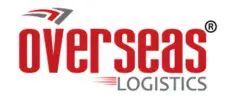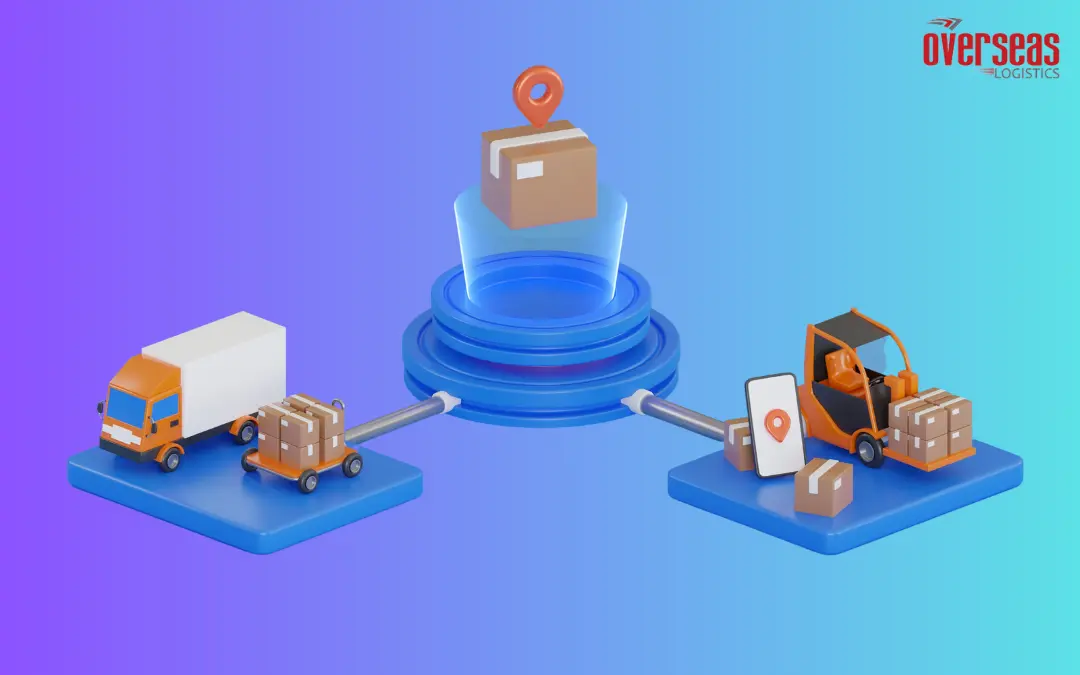In the fast-paced world of global eCommerce, the key to unlocking new markets lies in mastering the intricacies of cross-border customs clearance. Delayed shipments, unexpected costs, and goods seized at the border are nightmares that no business owner wants to face. With approximately 12% of global eCommerce shipments experiencing customs-related disruptions, understanding and navigating the customs clearance process is not just a choice but a business necessity.
The Crucial Role of Customs Clearance in International Trade
Understanding Customs Clearance
Customs clearance is the pivotal process where your shipment’s documentation undergoes scrutiny by the relevant government customs agency. Think of it as your shipment passing an examination, and getting the green light for import or export. This step ensures compliance with international trade laws, as customs officials review each incoming or outgoing shipment to guarantee alignment with the country’s regulations.
Demystifying the Customs Clearance Process
Document Inspection
The first essential step in customs clearance is document inspection. Customs officers meticulously scrutinize key documents such as commercial invoices, purchase orders, packing lists, shipping bills, air waybills, and certificates of origin. Additional documentation may be necessary based on specific requests or importing country regulations.
Tax and Duty Calculation
Determining taxes and duties is a pivotal stage where your customs broker plays a central role. They ensure accurate calculation and processing of payments based on the goods’ type, declared value, and the importing country’s customs laws.
Payment of Taxes and Duties
Prompt payment of taxes and duties is crucial to avoid delays. Any hitches in this stage could result in your shipment being held up.
DDP and DDU Concepts
Understanding Delivered Duty Paid (DDP) and Delivered Duty Unpaid (DDU) is essential for efficient navigation. DDP implies prepaid taxes and duties, while DDU involves a third-party customs broker collecting fees from the recipient.
Release of Shipment
Once taxes and duties are paid, and import customs clearance is granted, your shipment is released. Trucking companies with ‘in bond’ capabilities can facilitate its smooth passage to the final destination.
Essential Documents for Smooth Customs Clearance
Commercial Invoice
More than an invoice, it’s a comprehensive record of the transaction, detailing goods, values, terms of sale, and delivery conditions.
Packing List
An itemized record of shipment contents aids customs authorities in verifying alignment with the provided details.
Certificate of Origin
Certifies the goods’ country of production or manufacture, influencing tariffs and duties based on trade agreements.
Import/Export Declaration
Mandatory submission detailing goods’ nature, value, quantity, and destination for customs authorities.
Additional Documents
Depending on goods and importing country regulations, additional documents like fumigation certificates or dangerous goods declarations may be required.
Navigating Customs Broker Fees
Customs brokers play a vital role, guiding through regulations, paperwork, and procedures. Understanding their fees, including basic brokerage fees and additional charges, is crucial for effective budget management.
Strategies to Avoid Clearance Delays
In global trade, time is money. Clearance delays disrupt the supply chain, causing cost overruns. Accurate and complete paperwork, correct classification of goods, and timely payment of duties and taxes are paramount to avoiding delays.
Customs Clearance as a Strategic Business Solution
Businesses aiming for global success view customs clearance as a critical aspect of their strategic framework. Each country’s unique rules, tariffs, and procedures can lead to unexpected costs and delays. Effectively managed customs clearance expedited delivery, controlled costs, ensured compliance, and enhanced customer satisfaction.
Partnering for Success with Overseas Logistics Pvt. Ltd.
To fully harness streamlined customs clearance benefits, businesses often seek professional logistics aggregators like Overseas Logistics Pvt. Ltd.. With a profound understanding of global trade regulations, Overseas Logistics Pvt. Ltd. provides comprehensive customs clearance services.
Conclusion
Cross-border customs clearance doesn’t have to be a strenuous process you dread. With the right partner like Overseas Logistics Pvt. Ltd., it can be a key performance in your global expansion, a strategic move that helps your business on its way to international success.
FAQs
What is customs clearance, and why is it crucial in international trade?
Customs clearance is the process where shipments undergo scrutiny by government customs agencies, ensuring compliance with international trade laws. It is crucial as it guarantees alignment with a country’s regulations, preventing delays, and unexpected costs, and ensuring a smooth import or export process.
What does the customs clearance process involve?
The process includes document inspection, tax and duty calculation, payment of taxes and duties, understanding of DDP and DDU concepts, and the eventual release of the shipment. Each step is essential for compliance and efficient navigation through international trade regulations.
What documents are essential for smooth customs clearance?
Key documents include the commercial invoice, packing list, certificate of origin, and import/export declaration. Depending on goods and country regulations, additional documents like fumigation certificates may be required.
How do DDP and DDU concepts impact customs clearance?
Delivered Duty Paid (DDP) involves prepaid taxes and duties, while Delivered Duty Unpaid (DDU) requires a third-party customs broker to collect fees from the recipient. Understanding these concepts is crucial for efficient navigation through customs processes.
What role do customs brokers play in the clearance process?
Customs brokers guide businesses through regulations, paperwork, and procedures. Understanding their fees, including basic brokerage fees and additional charges, is crucial for effective budget management.
What strategies can businesses employ to avoid customs clearance delays?
Accurate and complete paperwork, correct classification of goods, and timely payment of duties and taxes are paramount. These strategies ensure a smooth supply chain, prevent cost overruns and expedite delivery.
Why is customs clearance considered a strategic business solution?
Businesses aiming for global success view customs clearance strategically. Each country’s unique rules, tariffs, and procedures can lead to unexpected costs and delays. Effectively managed customs clearance ensures expedited delivery, controlled costs, compliance, and enhanced customer satisfaction.
How can businesses benefit from partnering with logistics aggregators like Overseas Logistics Pvt. Ltd.?
Logistics aggregators like Overseas Logistics Pvt. Ltd. provide comprehensive customs clearance services, leveraging their profound understanding of global trade regulations. Partnering with such experts ensures a streamlined process, contributing to global expansion and international success.
Is customs clearance a complex process for businesses?
With the right partner, such as Overseas Logistics Pvt. Ltd., customs clearance doesn’t have to be a strenuous process. It becomes a key performance indicator for global expansion, showcasing its strategic importance in ensuring a business’s path to international success.

